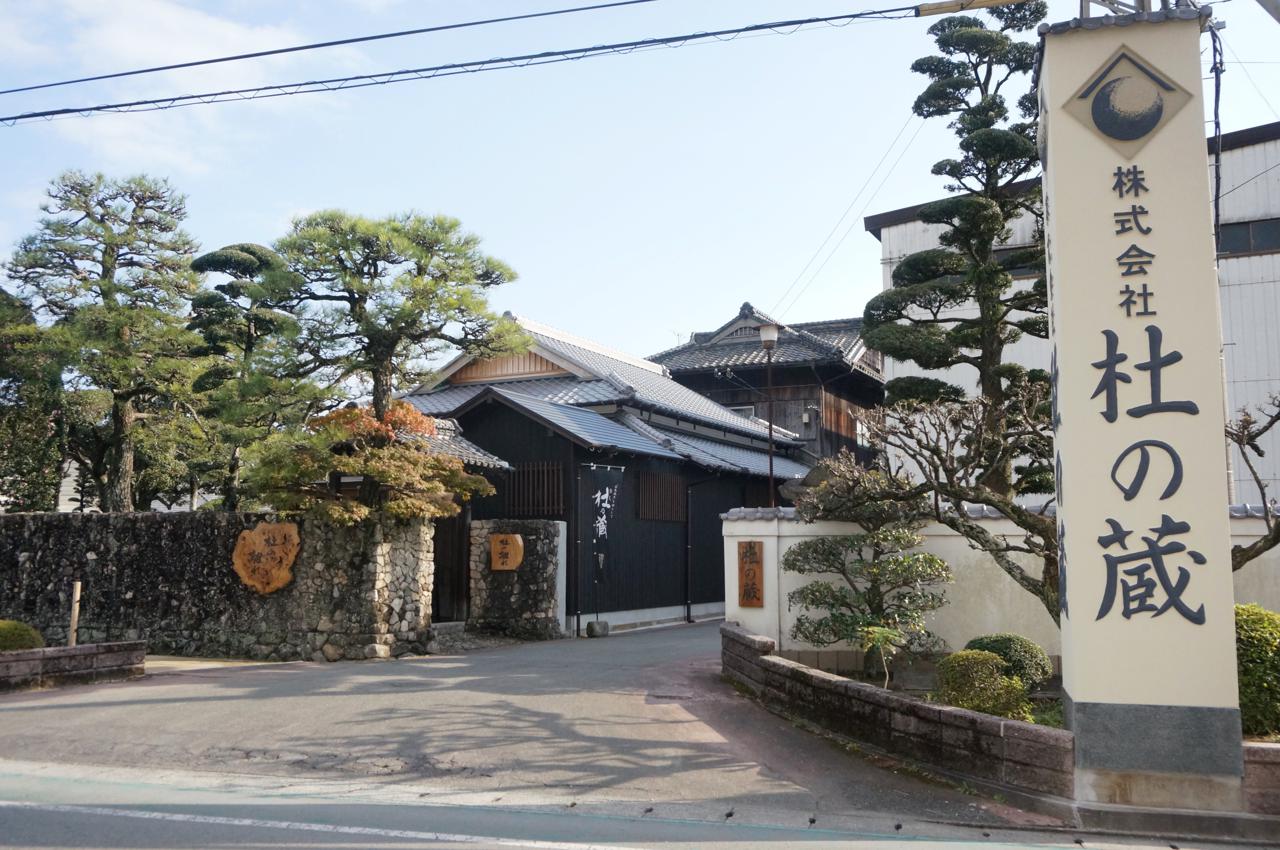Mori no Kura
prefecture: Fukuoka

Mori no Kura Sake Brewery, nestled in the Chikugo region of Fukuoka Prefecture, has been an integral part of Japan's evolving sake culture since its establishment in 1898 and relocation in 1920 due to the exceptional quality of local water. Situated in a region known for its vibrant sake history, Mori no Kura is committed to crafting sake that resonates with contemporary culinary lifestyles while honoring traditional brewing methods.
The brewery prides itself on its use of locally grown rice, obtained through direct contracts with farmers, and the soft, clear water sourced from beneath their location. A significant hallmark of Mori no Kura is their brewing team, led by a fourth-generation toji (master brewer) from the esteemed Mizuma toji guild. This combination of high-quality rice, pristine water, and expert craftsmanship forms the foundation of their exceptional sake.
Mori no Kura has dedicated itself to producing only junmai sake, a pure form of sake made from rice, koji, and water. This choice reflects a deep respect for the traditional roots of nihonshu (Japanese sake). Junmai sake from Mori no Kura is celebrated for its rich umami and compatibility with a diverse range of foods, while also being gentle on the body and free from hangover effects.
The brewery's flagship brands include "Mori no Kura," known for its traditional, softer flavors, and "Komagura," crafted to complement the varied culinary choices of modern times. Their commitment to improving and adapting their sake to both taste and health considerations is unwavering.
Apart from sake, Mori no Kura also has a rich history in producing shochu. This tradition began with sake kasu shochu, a spirit distilled from the lees of sake brewing. Over time, they have expanded their shochu offerings to include "Ginkoro," a modernized take on traditional shochu, and "Gohki," which is made using barley-grown koji from Fukuoka, enhancing its umami profile. These efforts showcase Mori no Kura's dedication to maintaining and evolving the local shochu culture alongside their renowned sake production.


